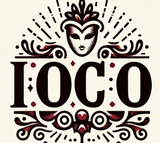Cambridge, Cambridge Handel Opera Company - Julian Perkins, IOCO Interview, 23.05.2018

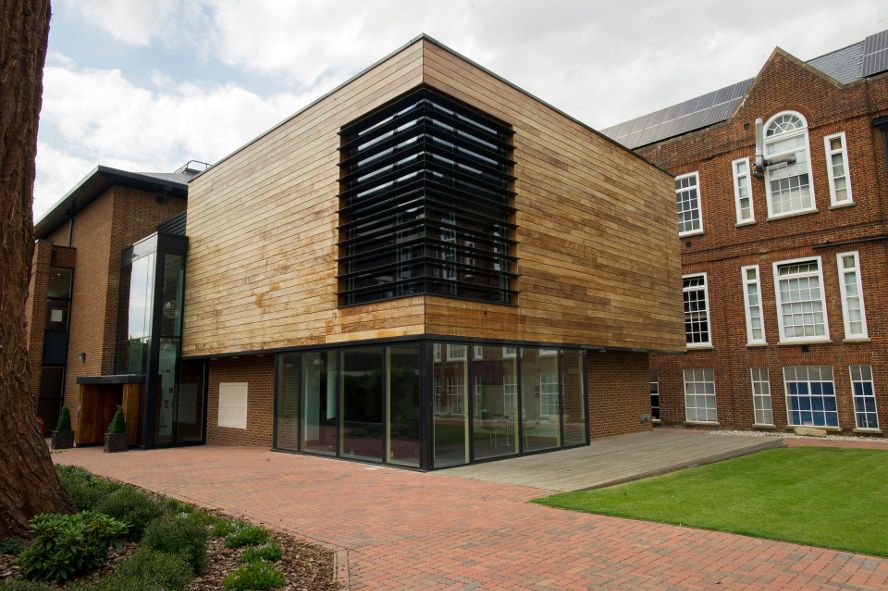
Cambridge Handel Opera Company
Julian Perkins - Director Cambridge Handel Opera Company
The Cambridge Handel Opera Company (CHOC) in Cambridge, England, is a new professional organization that celebrates the fusion of music and the stage with performances that are not just ‘historically informed’, but ‘historically inspired’. There is meaningful integrity between what happens in the music and what happens on stage. Baroque stagecraft is incorporated into their productions in a manner that speaks directly to audiences. In April 2018 Cambridge Handel Opera Company staged a highly acclaimed production of Handel’s Rodelinda, HWV 19 in Cambridge at the new theatre at The Leys. In May 2018 Victor Jarosch, IOCO, spoke to Julian Perkins about his objectives and future plans for the CHOC.
Victor Jarosch (VJ): Julian, who or what inspired you to take up the harpsichord, and pursue a career in music?
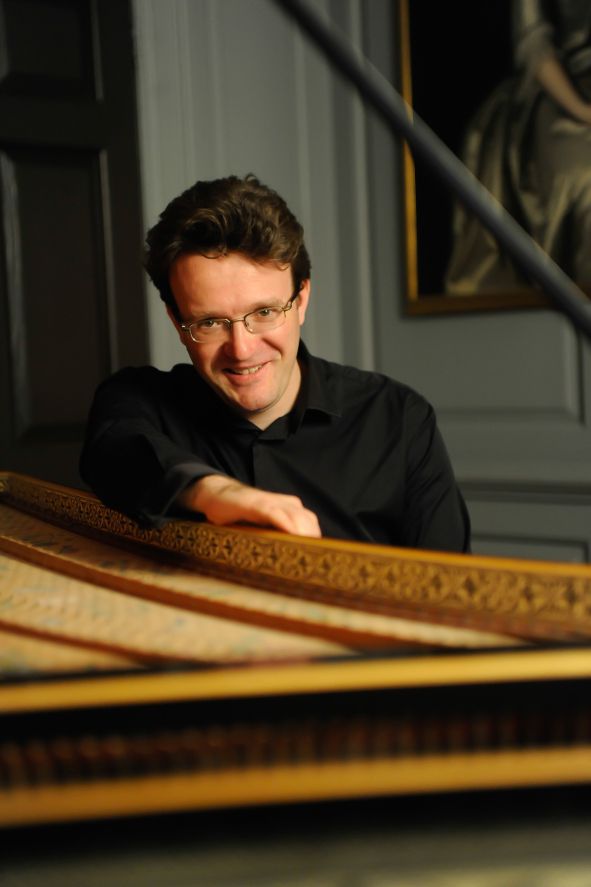
Julian Perkins (JP):: As the youngest of four, I was born into a family of musical noise. Sitting on my mother’s lap at the piano, making music started out as little more than sibling rivalry. Apart from anything with a keyboard, I enjoyed singing, playing the violin and recorder (infuriated at having to wait until I had legs long enough for the organ!). My patient parents packed me off to music courses including Pro Corda in Suffolk, which nurtured my deep love of chamber music. I first met the harpsichord in my teens experimenting with Baroque music in chamber groups. How could one not love instantly the joy of the dance, the chatter of counterpoint and the freedom to improvise? And what better way to earn a living than sharing with others this life-affirming music?
VJ: Who or what have been the most important influences on your musical life and career?
JP: At school, David Langdon and Ralph Allwood both went way beyond their job descriptions in supporting my various musical interests. As a choral scholar and organist at King’s College, Cambridge, it was enriching to experience music as part of a daily form of worship. In my studies, I was a shameless magpie in hassling as many musicians as would tolerate me. Amongst others, Trevor Pinnock taught me the importance of connecting with the sound, David Parry the physicality of conducting and Noelle Barker an understanding of the voice.
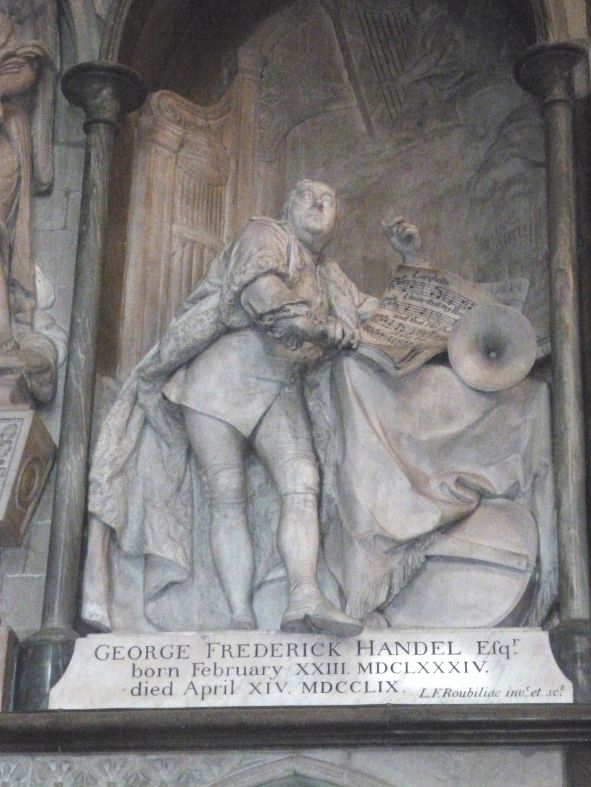
As a child, there is one stand-out experience that continues to inspire me: singing as a treble in Mahler’s ‘Symphony of a Thousand’ under Klaus Tennstedt. I was a dreamy child, but Tennstedt captivated me for reasons I have never fully understood. A grumpy old man, in poor health, flailing about in a seemingly haphazard manner on the podium – but I have never, ever heard an orchestra or choir sound like they did with him – and this had nothing to do with his relative fame. I can only put it down to his complete identification with the music and his utter determination to transmit it to his fellow musicians. Humbling.
VJ: What have been the greatest challenges of your career so far?
JP: In addition to keeping up and improving one’s musicianship and technique, my greatest challenge is ring-fencing the administration. Like the hydra’s heads – where two more appear if one is amputated – I find that email requests have an alarming tendency to increase the more one writes! Just the other day I sent off programme details for a forthcoming festival only to find two more similar requests in my inbox for other bespoke events. Whilst it is important to keep abreast of the administration, it is vital to maintain the discipline and enjoyment of studying and practising one’s art. I just turn off the computer at a certain point and know that the world will probably not collapse if one email gets slightly delayed.
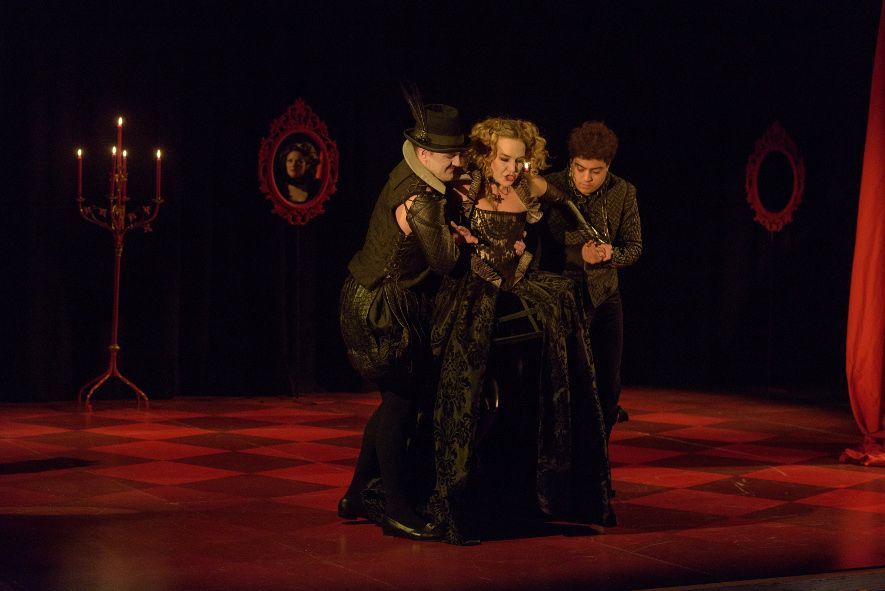
VJ: As a conductor, how do you communicate your ideas about a work to the orchestra?
JP: Words can be a dangerous medium in rehearsals. Isn’t it truly said that a large part of a conversation happens through one’s body language? While images, colours and metaphors can be useful, I like to communicate my ideas primarily through my gestures and, when I’m directing from the keyboard, my playing.
VJ: How exactly do you see your role as a conductor? Inspiring the players/singers? Conveying the vision of the composer?
JP: I like to enable the musicians to give of their best by providing a framework within which they can work. One needs to balance the dangers of being over-prescriptive on the one hand with being wishy-washy on the other. Every group is different, of course, but if I can earn a group’s trust, stimulate their imagination and have a clear idea of the sound I want, then things are looking good. Inspiration comes out of this – but one can’t plan to be inspiring. As for the composer’s vision, one can only hope to convey this by having a cultural appreciation of their life and works, and by scrutinizing the score again, again and again.
VJ: Which recordings are you most proud of?
JP: They each have treasured memories, but I’m probably most proud of how my first solo recording came together. This was the world-première of eight harpsichord suites by Handel’s younger English contemporary, James Nares. Historic Royal Palaces granted me the honour of recording on the Royal Harpsichord at Kew Palace. The project attracted dozens of subscribers – and even some artwork from one of Nares’ living descendants.
VJ: Which particular works do you think you play best?
JP: Those that are imbued with lyricism and harmonic interest within a cohesive musical structure. A good dollop of counterpoint never goes amiss either!
VJ: How do you make your repertoire choices from season to season?
JP: I like mixing treasured favourites with pieces that are new to me. It’s fascinating how The Frick Collection in New York juxtaposes art and media from different periods. Similarly, I enjoy devising programmes that have meaningful resonances, such as arias by Handel or Hasse alongside recent responses to earlier works by composers like Stephen Dodgson or György Ligeti. And fresh challenges are irresistible! For instance, I recently created an opera pasticcio about Casanova with the writer Stephen Pettitt. We joyfully plundered operas and oratorios from Vivaldi to Bellini, committing some glorious heresies along the way. Watch this space for our next run…
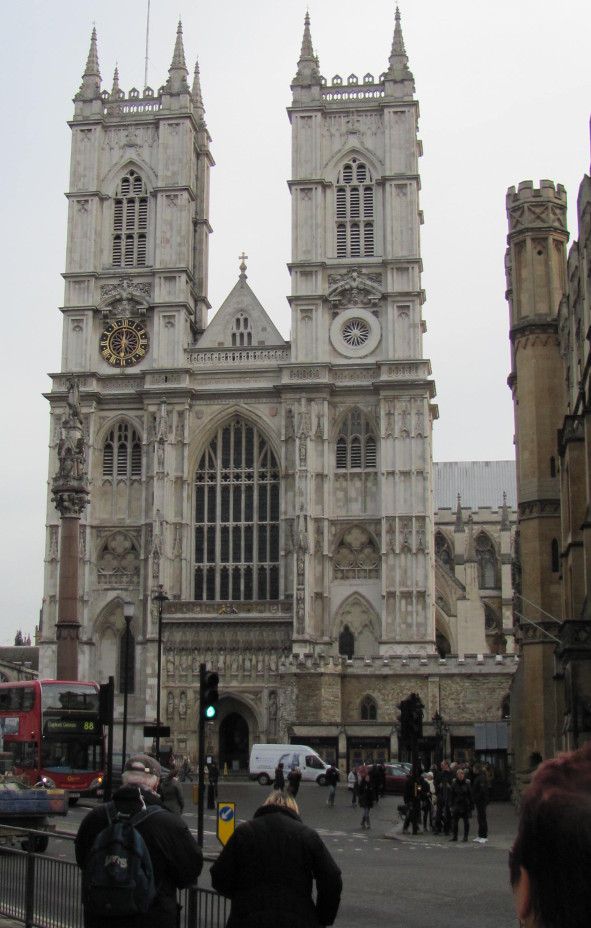
VJ: Do you have a favourite concert venue to perform in and why?
JP: I find that the quality of a venue is determined as much by the unique chemistry of the audience as by the room itself. I have given recitals in some unusual locations – including a water mill – in which the sense of occasion gave a special quality to the venue. Acoustically, it’s often rewarding to perform in a space where there is some wood panelling as this helps to give a glow to the sound. Among venues that are perhaps lesser-known, Wilton’s Music Hall in East London has a particular charm. Originally a Victorian music hall, its acoustic is akin to the Wigmore Hall in its clarity and warmth. There is also an alluring patina to the building’s fabric that makes it feel like the equivalent of a well-loved pair of slippers.
VJ: Who are your favourite musicians?
JP: Those who are brilliant, humble, open-minded – and fun!
VJ: What is your most memorable concert experience?
JP: Arriving to rehearse Handel’s Messiah only to find that the organ was at the wrong pitch. Transposing the piece up a semitone in the concert proved to be good brain-gym!
VJ: As a musician, what is your definition of success?
JP: Knowing that I have touched a listener’s emotions.
VJ: What do you consider to be the most important ideas and concepts to impart to aspiring musicians?
JP: In addition to the normal nostrums such as preparation, punctuality and professionalism, another ‘P’ has come to have increasing importance for me: Process. When I was starting out as a musician I sometimes worried too much about what people might think of me. Now, I try and focus more on the ever-changing process of making music and let the listeners decide for themselves what they like. When Roger Federer turned the tables and beat Rafael Nadal to win the 2017 Australian Open, he spoke afterwards of having played the ball and not the opponent. Similarly, I think performers should give due importance to playing the notes (grouped together musically!) and not the audience. It’s impossible to make people like you, but if you’re absorbed in what you’re doing, that in turn should draw in the listener.
VJ: Where would you like to be in 10 years’ time?
JP: Playing a positive role with my wife in the lives of our two sons, giving lots of fulfilling performances, teaching proactive students – and enjoying good food.
VJ: What is your most treasured possession?
JP: My appetite for learning. As the Artistic Director of Cambridge Handel Opera, I recently conducted a staged production of Handel’s Rodelinda in Cambridge. Praised for its ‘flawless ensemble’ in IOCO, Cambridge Independent headlined its review by stating that ‘Productions of Handel’s operas don’t get much better than this one’.
This season also sees Julian’s concerto debut at the Sage Gateshead with the Royal Northern Sinfonia, his directorial debuts with the Croatian Baroque Ensemble and Wroclaw Baroque Orchestra, a solo appearance on BBC Radio 3’s ‘Early Music Show’, a world première of a choral work by Stephen Dodgson and the debut of his group, Sounds Baroque, at St John’s Smith Square. Solo recitals include appearances in Boston (USA) and at the Petworth Festival, Lammermuir Festival, Northern Aldborough Festival, London Handel Festival, St George’s Bristol and the Holywell Music Room, Oxford, and duo recitals for the Budapest Bach Festival and Mozart Society of America. He returns to the Anghiari Festival in Italy this summer to conduct the Southbank Sinfonia, performs with Florilegium and continues his collaboration with Coram in directing the annual Handel Birthday Concert with Sounds Baroque and international soprano Rebecca Evans. Forthcoming recordings include a programme of Purcell’s songs with soprano Anna Dennis and Sounds Baroque, the second volume of Mozart’s keyboard duets on original instruments with Emma Abbate, Schubert’s sonatas for violin and piano with Peter Sheppard Skærved and the world première of Stephen Dodgson’s opera, Margaret Catchpole. His recent recording of Howells’ clavichord music was described by The Guardian as ‘a virtuoso showcase’ and praised by MusicWeb International as ‘exemplary’.
VJ: Thank you, Julian, for the interview.
---| IOCO Interview Cambridge Handel Opera Company |---

